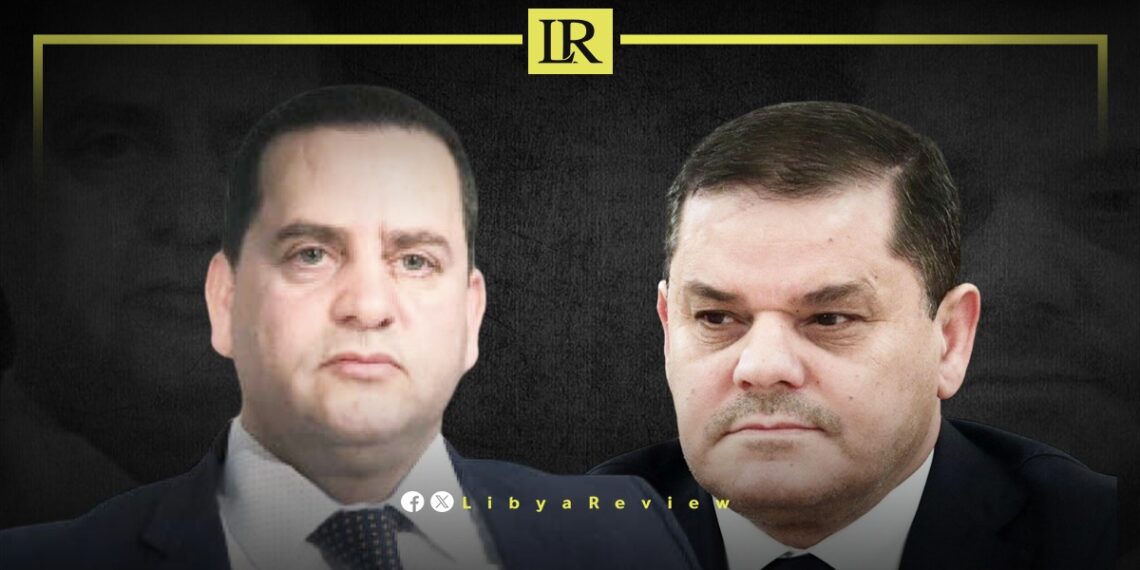The Libyan Foreign Minister in the parliament-designate government, Abdel-Hadi al-Hwaij has accused the Tripoli-based administration, uder Abdelhamid Dbaiba, of obstructing the path to elections.
In a press statement, Hweij stated that the Benghazi-based government aspires to hold presidential and parliamentary elections, embracing democracy over arms.
He emphasised that Prime Minister Osama Hamad’s government seeks to honour the will of the Libyan people and renew legitimacy across institutions. However, those controlling the scene in Tripoli oppose this.
The government’s stance, he insisted, is to abide by the Libyan people’s will for stability and security, directing efforts towards reconstruction and development.
Al-Hwaij highlighted the negligence of Libyan voices in international conferences and negotiations, asserting that Libyans must lead the path to a solution. “Any path disregarding this issue is doomed to fail, as did previous attempts,” he affirmed.
He stressed that reconciliation is not an option but a necessity, requiring comprehensive partnership rather than dominance and defeat.
Earlier this month, the former UN Envoy to Libya, Abdoulaye Bathily resigned from his position, citing significant challenges in pushing forward the political process due to the self-serving interests of Libya’s leaders.
Bathily submitted his resignation to UN Secretary-General Antonio Guterres, expressing his concerns over the inability of the United Nations to effectively support Libya’s political journey amidst such leadership challenges.
Appointed in September 2022, Bathily has publicly criticized key Libyan leaders for their deliberate efforts to thwart international peace initiatives and their continuous stalling of the electoral process. He pointed out that Libya has turned into a hotbed of intense rivalry among regional and international actors competing for control over the country’s strategic resources, making a peaceful solution increasingly elusive.
During a Security Council session addressing the situation in Libya, Bathily expressed his frustrations over the failure to resolve disputes related to electoral laws and the formation of a unified government with Libya’s five principal stakeholders.
His attempts were met with consistent resistance characterized by “stubborn opposition, unreasonable expectations, and a disregard for the welfare of the Libyan people.”


